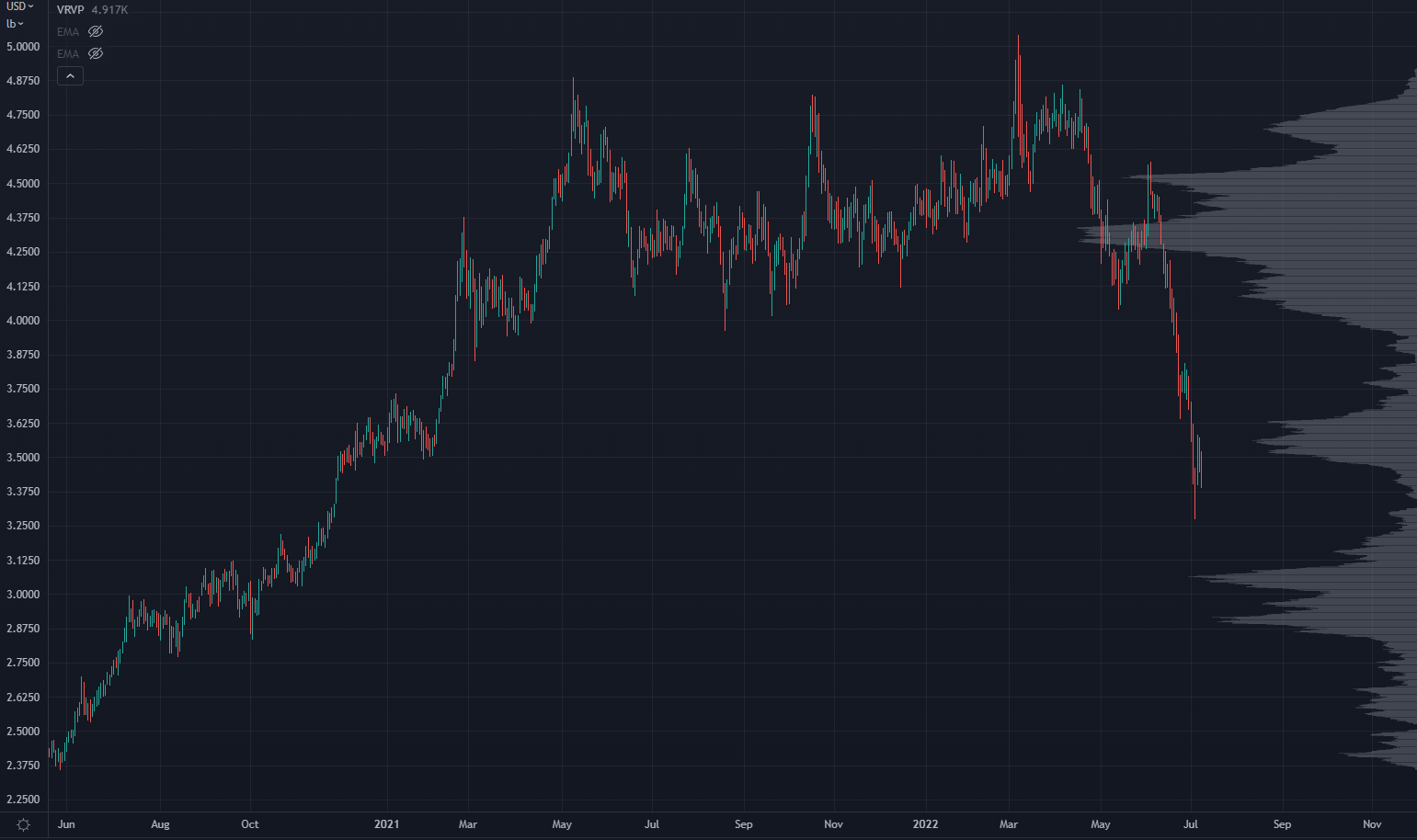It’s make-or-break time for crude oil
Last month, the Fed’s decision to increase interest rates sparked a flurry of activity in the markets. With inflation on the rise and the global economy showing signs of recovery, investors are now turning their attention to the oil market. Crude oil prices have been volatile in recent weeks, and many analysts believe we are approaching a key inflection point.
Supply and demand dynamics
One of the key factors driving the recent volatility in crude oil prices is the delicate balance between supply and demand. On the supply side, OPEC and its allies have been gradually increasing production in response to rising prices. However, this could lead to oversupply if demand does not keep pace. On the demand side, the global economic recovery is expected to drive an increase in oil consumption. If demand outstrips supply, prices could soar.
Geopolitical tensions
Geopolitical tensions in key oil-producing regions such as the Middle East can also have a significant impact on crude oil prices. Any escalation in conflicts or disruptions to supply could send prices skyrocketing. Investors are closely monitoring the situation in these regions for any signs of instability.
Market sentiment
Market sentiment plays a crucial role in determining the direction of crude oil prices. In recent weeks, uncertainty surrounding inflation, interest rates, and global economic growth has led to increased volatility in the oil market. Traders are keeping a close eye on key indicators and economic data releases to gauge market sentiment and make informed trading decisions.
Conclusion
As we approach this key inflection point in the markets, it is crucial for investors to stay informed and remain vigilant. Crude oil prices are influenced by a complex interplay of factors, and predicting their future movements is no easy task. By keeping a close eye on supply and demand dynamics, geopolitical developments, and market sentiment, investors can position themselves to navigate the volatility and potentially profit from this make-or-break moment for crude oil.
How will this affect me?
The fluctuation in crude oil prices can have a direct impact on consumers. As oil prices rise, it typically leads to higher prices at the pump for gasoline and other petroleum-based products. This can increase the cost of living for individuals and put pressure on household budgets. On the flip side, lower oil prices can result in savings for consumers and businesses, stimulating economic growth.
How will this affect the world?
The oil market is a crucial component of the global economy, and any significant movement in crude oil prices can have far-reaching effects. For oil-producing countries, fluctuations in prices can impact government revenues and economic stability. For oil-importing nations, changes in oil prices can influence inflation rates, trade balances, and overall economic growth. In addition, volatility in oil prices can have ripple effects across financial markets, impacting investor confidence and market stability.
Conclusion
As we navigate this make-or-break moment for crude oil, it is essential to consider the broader implications of market movements on both a personal and global scale. By staying informed and understanding the factors driving volatility in the oil market, individuals and nations alike can better prepare for the potential impacts and opportunities that lie ahead.





